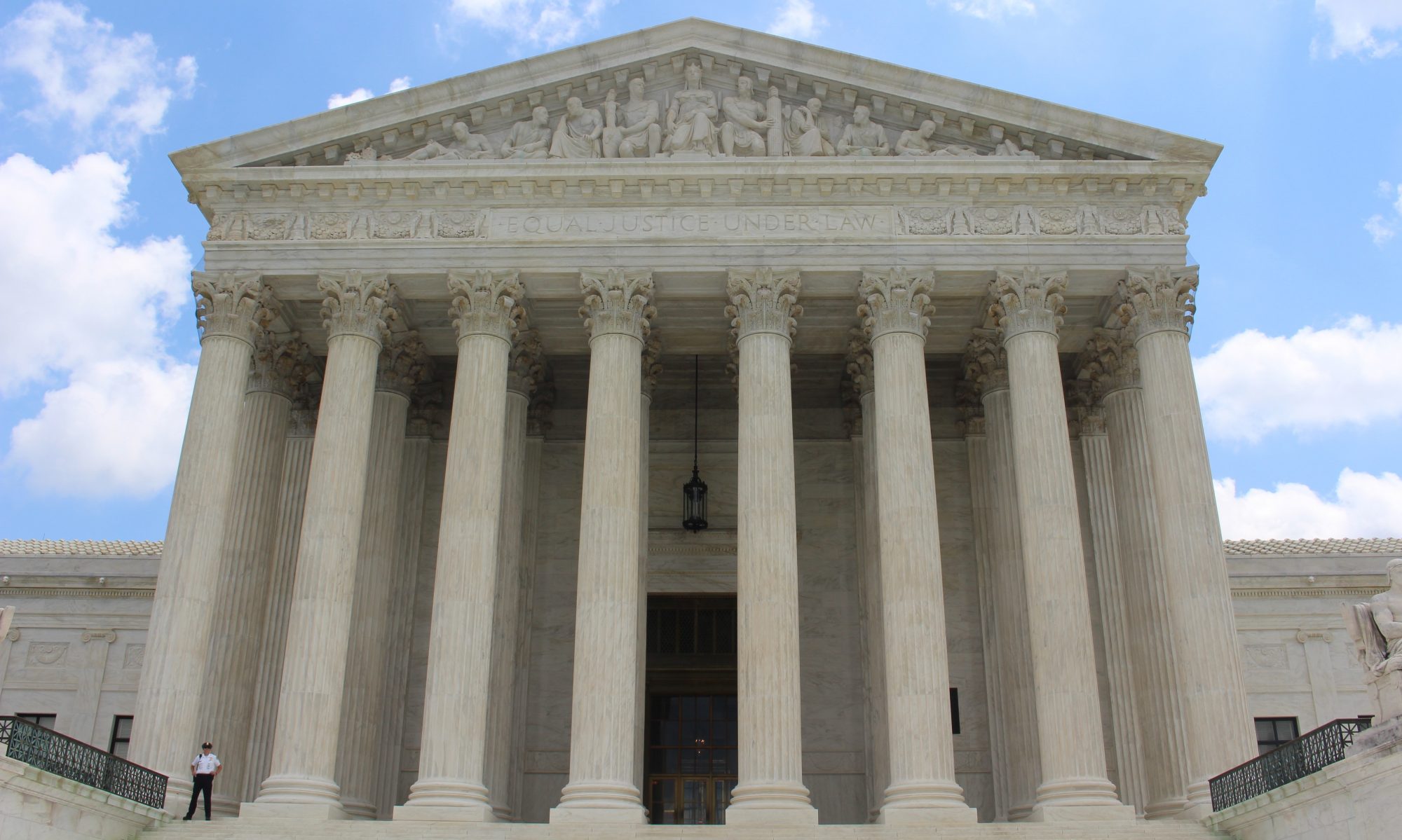https://law.justia.com/cases/federal/appellate-courts/ca11/17-13801/17-13801-2018-05-10.html
Zarda v. Altitude Express, 883 F.3d 100 (2d Cir. 2018)
Vicki Schultz, Reconceptualizing Sexual Harassment, 107 Yale L.J. 1683
Complaints of Sexual Harassment: Investigation by Commanding Officers, 10 U.S.C. 1561
Complaints of Sexual Harassment: Investigation by Commanding Officers, 10 U.S.C. 1561
The above section of the United States Code informs military officers on how to conduct an investigation of an alleged complaint of sexual harassment. It additionally defines sexual harassment as it pertains to those investigations.
Danielle Christenson, Chain of Command: The Barriers of Reporting Sexual Assault in the Military (2014).
“Reported rates of sexual assault in the military have increased dramatically over the past 10 years (Groves, 2013). One reason for the pervasiveness of sexual assault is the reporting structure. Despite changes in the way sexual assault complaints are handled, there continue to be numerous sexual assault scandals (Childress, 2013). The purpose of this study is to examine how the military’s chain of command influences the reporting procedures, and how this may influence the military’s ability to prevent sexual assaults. This thesis examines three case studies specifically focusing on military sexual assault reporting.”
Lindsay Rosenthal & Lawrence Korb, Center for American Progress, Twice Betrayed Bringing Justice to the U.S. Military’s Sexual Assault Problem (2013)
“This report discusses what is known about sexual assault in the military and outlines key reform goals to combat the problem. We argue that removing cases from the chain of command is a necessary step that the military must take to address military sexual assault. Taking the decision to prosecute assault cases out of the chain of command is critical to reduce sexual violence and hold sexual predators in the armed forces accountable. We discuss changes that need to be made, including increasing accountability for perpetrators and military leadership, improving victim services, increasing reporting of sex crimes to military authorities, and improving data collection and transparency related to sexual assault in the armed forces.”
Ellis v. Meade, 887 F. Supp. 324 (D. Me. 1995)
Ellis v. Meade, 887 F. Supp. 324 (D. Me. 1995)
The court held that a correctional officer’s behavior towards a prisoner, alleged spanking and comments that could be construed as sexual made toward the plaintiff, did not violate the plaintiff’s rights.
Thomas v. District of Columbia, 887 F. Supp. 1 (D.D.C. 1995)
Thomas v. District of Columbia, 887 F. Supp. 1 (D.D.C. 1995)
The United States District Court for the District of Columbia held that the plaintiff, who had been subjected to a quid pro quo environment, had met his prima facie burden of establishing that a corrections officer is not entitled to immunity from the plaintiff’s claims. Plaintiff claimed that the sergeant “threatened, coerced, and attempted to force another inmate to engage in sexual relations with him.” Additionally, the court held that “that any reasonable prison official would have known that to try to force an unwanted and prohibited sexual act on an inmate is objectively unreasonable and in violation of the inmate’s rights.”
Sexual Assault on College Campuses, U.S. Dept. of Health & Human Services Office on Women’s Health (Sept. 2018)
“Sexual assault on college campuses is a common problem that often goes unreported. It includes any unwanted sexual activity, from unwanted touching to rape. Alcohol and drugs often play a role in sexual assault on campuses. If you have been sexually assaulted, it is not your fault. You are not alone, and you can get help.”
The Hunting Ground (CNNFilms 2015)

This documentary focuses on sexual assault on college campuses and follows the stories of several assault survivors and their activism. Produced by Amy Zierling and distributed, ironically, by The Weinstein Company.
